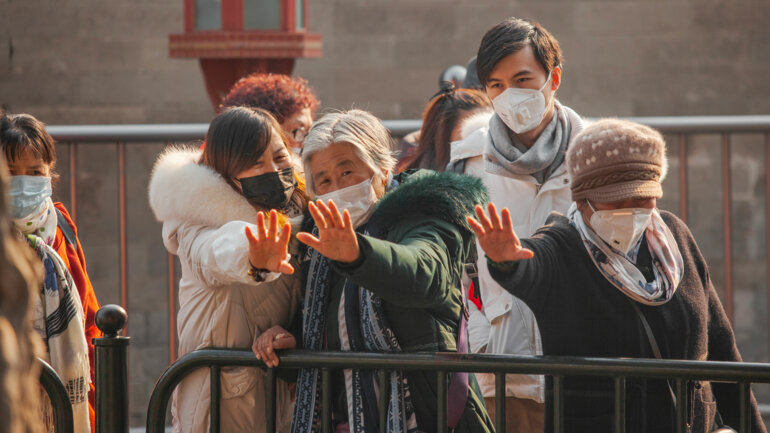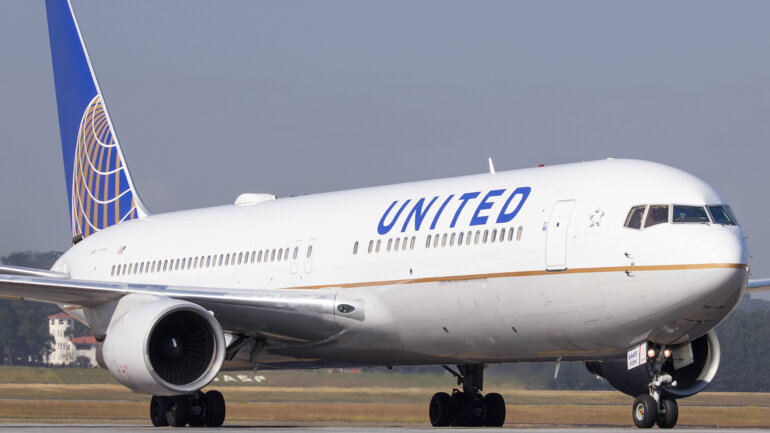

An “arc of instability” was stretching across Africa’s Sahara and Sahel region, and if left unchecked, it could transform the continent into a breeding ground for extremists and a launch pad for larger-scale terrorist attacks around the world, delegates in the Security Council stressed today during a high-level debate on combating that growing scourge across the region.
In a presidential statement, the Council expressed its deep concern with the increasing violence perpetrated by armed groups, whose numbers were growing in several regions and subregions of Africa, where porous borders, illegal arms trafficking and difficult socioeconomic situations had made it difficult to effectively combat terrorism.
“The Security Council recognizes that terrorism will not be defeated by military force or security forces, law enforcement measures and intelligence operations alone,” the statement declared, underlining the need to address the conditions conducive to terrorism’s spread, including by “strengthening efforts for the prevention and peaceful resolution of prolonged conflicts, and also promoting the rule of law, protection of human rights, good governance, tolerance and inclusiveness”.
Further to the text, the Council underscored that the long-term fight against terrorism required a comprehensive approach, which dealt with the challenges of increasing economic growth, promoting good governance, reducing poverty, building State capacity, extending social services and fighting corruption in Africa and elsewhere. It noted the changing nature of terrorism in the continent and expressed concern at the connection — in many cases — between terrorism and illicit activities, such as drugs, arms and human trafficking.
With that in mind, it reaffirmed the need for African States to work closely and directly through the African Union and other regional frameworks to implement enhanced measures for cooperation, mutual assistance and coordination among security agencies, prosecutors and judges. The Secretary-General was invited to submit within six months a comprehensive survey of the United Nations’ work to help States, subregional and regional entities in Africa in fighting terrorism.
“Terrorism thrives where borders are weakest,” United Nations Secretary-General Ban Ki-moon said at the opening of the high-level debate. Poorly guarded and stored ammunition stockpiles provided unfettered access to weapons, especially parts for improvised explosive devices — the terrorist’s frequent weapon of choice. For its part, the United Nations must do more to enhance the capacity of affected States.
Noting that United Nations missions were already working to strengthen police and law enforcement capacities, he welcomed efforts by regional and subregional organizations to formulate counter-terrorism strategies, which would help identify common threats, prioritize responses, strengthen collaboration, and target international assistance to the areas it was most needed.
Broadly agreeing, Abdullahi Shehu, Director General of the Inter-Governmental Action Group against Money Laundering in West Africa (GIABA), said any comprehensive approach must address the financial aspects of terrorism. Many national legal frameworks lacked a clear definition of terrorist financing, and showed an inadequate understanding of Security Council resolutions related to terrorism, terrorist proliferation and financing. Countries often were unable to freeze terrorist assets. As such, achieving peace and security required strategic partnerships, as well as stronger political leadership to combat organized crime and implementation of an early warning system. Building capacity and supporting States in establishing the rule of law and good governance were also critical.
In the debate that followed, delegates stressed that terrorist groups in Africa — Al-Qaida in the Islamic Maghreb, Movement pour L’Unicité et le Jihad en Afrique de l’Ouest and Ansar Eddine among them — had become more dangerous, diffuse and entrepreneurial, exploiting porous borders, economic stresses and a diminished focus on counter-terrorism. They thrived in unstable conditions that failed to address long-standing grievances. Such success had paved a way for Al-Qaida, in particular, to shift its centre of gravity from Afghanistan and Pakistan to a new sanctuary — especially in Mali – closer to European shores. Against that backdrop, speakers made impassioned pleas to deploy all tools available to stem their influence, including diplomacy, aid, trade and security cooperation.
“If we don’t give African Governments the means to carry out an effective and sustainable counter-terrorism strategy, there is every reason to fear the creation of that terrorist arc from Mauritania to Nigeria and beyond to the Horn of Africa, said Faure Essozimna Gnassingbé, President of Togo, whose country holds the Council’s rotating presidency for May. Most crucial in that regard was combating poverty, which he said destroyed the very basis of human solidarity.
Téte António, Permanent Observer for the African Union, said “narco-terrorism” had given rise to new forms of “mercenarism” in Africa, with fighters motivated more by financial gain than ideological persuasion. Winning the war against them would require a firm, focused, coordinated and collective international effort, which tackled root causes and included measures to prevent terrorists from carrying out their acts. Considerable resources and the convergence of like-minded specialized institutions were needed.
On that point, Youssoufou Bamba ( Côte d’Ivoire), speaking on behalf of the Economic Community of West African States (ECOWAS), said the Community’s holistic approach contained a full array of measures, including a strategic orientation to confine and eliminate the terrorist threat. To that end, ECOWAS would establish a coordinating unit, issue arrest warrants and create a blacklist of terrorists, with a view to sharing information and coordinating actions. In such work, he called for technical assistance institutions, development partners and others to coordinate their activities with ECOWAS to vanquish the threat.
The victory against extremism and terror, proclaimed Tekeda Alemu ( Ethiopia), in his capacity as Chair of the Intergovernmental Authority for Development (IGAD), would occur only when the root causes were addressed. “It is impossible to ensure acceptable levels of peace and security in the face of abject poverty and deprivation,” he said. And, without genuine, effective international cooperation, there was little chance of success. He cautioned against drawing distinctions among groups that resorted to terror, based on where the act was committed, as that would defeat the spirit of cooperation.
Also speaking today were foreign affairs ministers and other high-level officials from Luxembourg, Morocco, United States, Republic of Korea and Argentina, as well as representatives of Rwanda, Russian Federation, Azerbaijan, United Kingdom, Pakistan, China, France, Guatemala, Australia, Sudan, Algeria, Benin and the United Republic of Tanzania.





